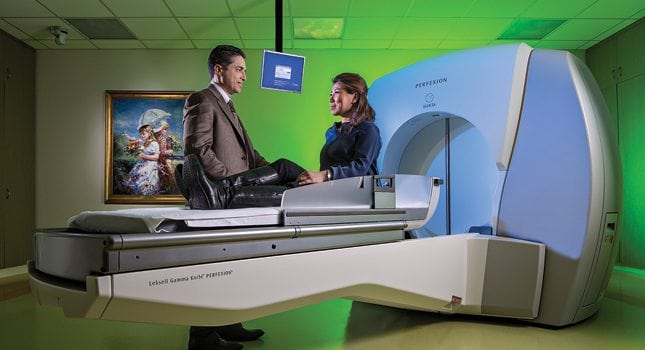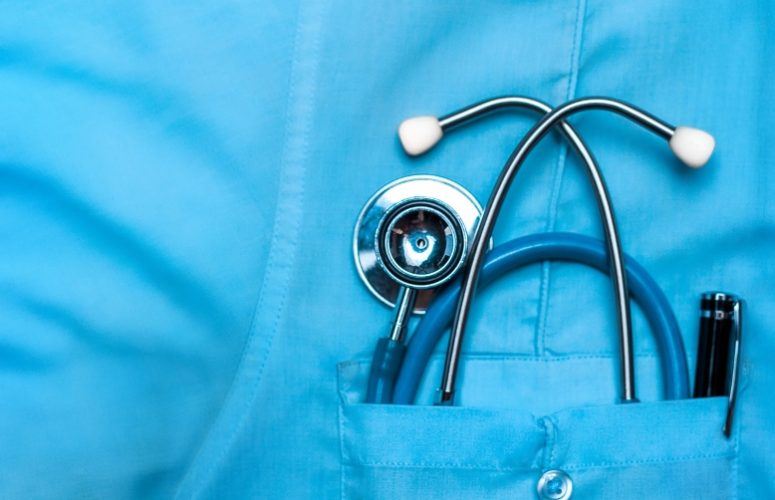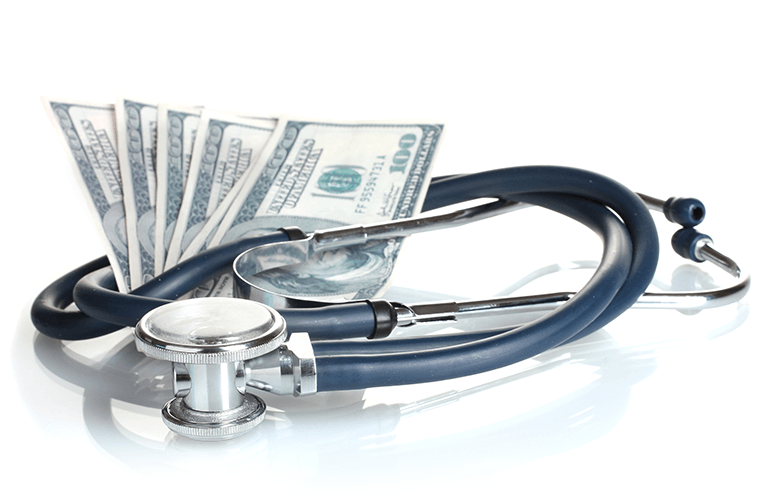
New Jersey’s Top-Tier Healthcare
The state’s healthcare providers and payers – facing a host of challenges – nonetheless deliver increasingly superb medical care.
By George N. Saliba, Managing Editor On Aug 25, 2014New Jersey has a nonpareil healthcare ecosystem comprised of excellent hospitals, physicians and insurance companies that each facilitate comprehensive medical care. And especially in recent years, numerous Garden State hospitals have invested deeply in medical technology and associated expertise as a means to attract patients and enhance their overall reputations. The results are notable: Patients can receive world-class cardiac, cancer and neurological care – to name but a few specialty areas – without crossing either the Hudson or Delaware rivers.
New Jersey hospitals are additionally some of the safest in the nation, and now rank No. 7 on the well-known Leapfrog Safety Score. Linda J. Schwimmer, vice president of the New Jersey Health Care Quality Institute, explains, “This is based completely on safety standards, that we are No. 7. When you enter a hospital, you are certainly going there for the care that you need, and you hope to avoid complications and infections.”
Adding to the state’s healthcare prowess is its diverse physician population. As Lawrence Downs, CEO of the Medical Society of New Jersey, extolls, “You can find physicians here who speak every language from every cultural and religious background. That is a healthy and positive mix that you don’t see in other parts of the country, and it creates real power for clinical medicine, here. As a state, that is something of which we should be proud.”
In the same vein, much of New Jersey’s healthcare workforce is both highly trained and cosmopolitan. Wardell Sanders, president of The New Jersey Association of Health Plans, says, “We have a dedicated and talented workforce, across all sorts of disciplines: The physician community, the health plan community, the hospital community – you have a sophisticated and really good workforce here in New Jersey.”
The Economic Impact
New Jersey’s healthcare providers also contribute to the state’s economy. The American Medical Association and the Medical Society of New Jersey this year released a report revealing that New Jersey’s 22,000-plus patient-care-providing physicians support an additional 234,906 jobs and generate approximately $1.7 billion in economic activity. Also, each physician supported an average of $77,302 in state and local tax revenues.
In a prepared statement, AMA President Ardis Dee Hoven, M.D. said, “Physicians carry tremendous responsibility as skilled healers, trusted confidants and patient advocates, but their positive impact isn’t confined to the exam room. The AMA study illustrates that physicians are strong economic drivers that are woven into their local communities by the jobs, commerce and taxes they generate. These quality jobs not only support the caring role of physicians, but also generate taxes that support schools, housing, transportation and other public services in local communities.”
Meanwhile, New Jersey’s hospitals contributed $20.4 billion to the Garden State economy in 2012, according to the 2013 NJ Hospitals Economic Impact Report released by the New Jersey Hospital Association (NJHA). It was the first time in six years that the overall contribution from hospitals surpassed $20 billion.
The report further states, “Despite a continued sluggish economy, 2012 saw increases in key areas of hospital activity such as job growth, goods and services purchased from other businesses and state income taxes paid by employees. Hospital jobs in New Jersey increased to 144,000 in 2012, which includes 120,000 full-time jobs.”
In a prepared statement, NJHA President and CEO Betsy Ryan said, “New Jersey hospitals remain a strong and reliable source of jobs, salaries and spending, demonstrating that they are bedrocks of our state and local economies. In addition, New Jersey hospitals and the dedicated professionals who work in them provide valuable healthcare services to the patients and communities they serve.”
Challenges
As for challenges facing New Jersey’s healthcare system, merely one is that while the state has highly rated medical educational institutions – including the New Jersey Medical School at Rutgers, Robert Wood Johnson University Hospital and Cooper University Medical Center – many graduates are leaving New Jersey for lower-cost and less litigious locales in which to operate their practices.
Downs explains, “Doctors go through medical school, and spend an additional four years or so training in their specialty. During those formative years of residency, you would expect that the physicians would make professional and political contacts, and settle down in a practice, or open a practice in this state. But, we find in New Jersey that many residents leave after completing residency here, and move to places with lower costs of living and lower risks of litigation. Unless you are born here or your family is here – or you have a real connection to New Jersey – the business conditions in many parts of the country are much more favorable than they are here. And that is a big consideration for any doctor graduating from medical school, and ending his or her residency with between $200,000 to $300,000 of medical school debt.”
Overall, many concerns facing New Jersey’s – and indeed the nation’s – healthcare system are, in one way or another, often related to costs. Each American is now aware that the United States’ healthcare system is undergoing changes via the Affordable Care Act (ACA), and whether or not one approves of the ACA, it is supposed to help address long-standing pressures and concerns within the nation’s healthcare system. Costs have been on unsustainable trajectories for years, and New Jersey has not been immune.
One point the New Jersey Health Care Quality Institute’s Schwimmer makes is that costs are shifting to patients. She says, “I am not commenting on whether it is a good thing or not. It is what it is; it has happened. It’s just a financial reality. But, I think it is good that new technology and entrepreneurs are coming along and devising different ways to provide information to [patients]. I think we have to provide information; we have to engage consumers and patients and their family members.
“We have to be much more active purchasers and decision makers, in what type of medical care we get. We can’t just passively do what a doctor says; we have to understand what it is and ask the right questions, and if we need navigators and patient assistants, and people to explain stuff to us, then that’s what we need. But, I think really engaging the patient and having what is called ‘shared decision making’ will improve the healthcare system more than anything else, because we end-up getting a lot of tests and care that maybe we don’t even need, want or understand. That really adds to a lot of the cost and waste in the healthcare system. ”
On another point, Schwimmer offers: “New Jerseyans love their specialists. They utilize a lot of specialists; they also utilize a lot of care in the last six months of life – more so than in any other state. And that, again, leads to much higher costs, which are then put into the overall [health insurance] premiums. New Jerseyans need to focus more on primary care and wellness, preventive care and better coordination of their care. And that would not only – we believe – improve the quality of care, and certainly improve patient satisfaction, but it would go a long way in lowering costs as well, which then would make premiums more affordable for people.”
The Diagnosis
While New Jersey’s healthcare system faces additional challenges beyond those mentioned here, legions of healthcare providers and payers deliver fine medical care on an ongoing, daily basis. In a broader equation, it is part of what makes New Jersey’s overall quality of life remarkably high.
Related Articles:





